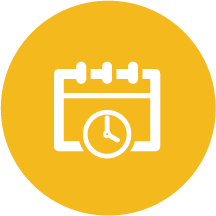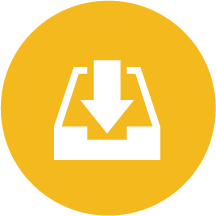TSA
TSA
What is TSA?
The Thinking Skills Assessment (TSA) is a test used by specific Oxbridge programs to assess if a candidate has the qualities needed to excel in their courses. Programs that require TSA include
- University of Oxford
- Economics and Management (Section 1 only)
- Experimental Psychology
- Human Sciences
- Philosophy, Politics and Economics (PPE)
- Psychology, Philosophy and Linguistics (PPL)
- History and Economics (Section 1 only)
The test takes 120 minutes in total and consists of two main sections:
| Questions (Timing) | |
|---|---|
| Section 1: Thinking Skills Assessment (TSA) tests your Problem-solving skills, including numerical reasoning, and Critical thinking skills, including understanding argument and reasoning using everyday language. | 25 problem solving Qs 25 critical thinking Qs (1.5hour) |
| Section 2: Writing Task requires students to write an essay out of four given topics. It tests your ability to organise ideas in a clear and concise manner and communicate them effectively in writing. Questions are not subject-specific. | One essay (30min) |
How is the TSA Scored?
Section 1 scores 1 mark per question. Scores are calculated on the TSA scale to one decimal place (running approximately 0–100). The scale is an estimate of the candidate’s ability, which makes scoring comparable by factoring in the question and overall test difficulty, using the Rasch statistical technique .
Section 2 essay is not marked by Cambridge Assessment. It is reviewed by the admissions tutor(s) of the Oxford College the candidate has applied to.
What is a good TSA score?
The scale has been designed so that typical applicants to the most highly selective undergraduate university courses in the UK (who are by definition academically very able) will score around 60. The best applicants will score more highly, but 70 represents a comparatively high score and only a few very exceptional applicants will achieve scores higher than 80. A score of 0 could be attributable to the candidate not being matched as an Oxford University applicant.
Ref: https://results.cambridgeassessment.org.uk/candidates/Explanation_of_TSA_Results.pdfWhen is TSA and how do I register for TSA ?
For Oxbridge, the TSA is hosted only once in that year’s application cycle, usually in mid-late October. Information about taking TSA could be found on the official website: https://www.admissionstesting.org/for-test-takers/thinking-skills-assessment/
6 Top tips for TSA success
Begin your preparation for the TSA S1 by consulting the TSA test specification on the official website. It explains what the TSA is testing, and sets out the types of questions you will be asked. Take the time to read through the example questions and answers in detail. Here are 6 top tips to do your very best:
How to Score High in TSA
We offer private individual lessons and a group crash-course for TSA candidates in the summer. The crash course provides an overview of the test and techniques for all sections comprehensively. Meanwhile, individual lessons are personalized based on your specific needs, targeting areas of weakness. Both the crash course and private lessons are led by experienced TSA instructors who have taken the test themselves, and/or been educated in top UK universities.
For more information about our private lessons and crash course, leave us a message here or contact us at (852)2302-6500 or cana@canaelite.com. In the meantime, check out our free UCAS Application Guide to begin your journey to a university education in the UK
UK University Admission Consultation
BMAT
OUR SUCCESS STORIES
Here at CANA Elite, we truly believe that every student is unique and has the potential to reach their goals with the right guidance. Academic excellence is derived from both passionate teachers and eager students. That is why we provide a unique learning experience tailored to each individual student. Named after the location of the first miracle in the Bible, we hope CANA elite can be the place of miracles for all our students, allowing them to achieve their dreams.







